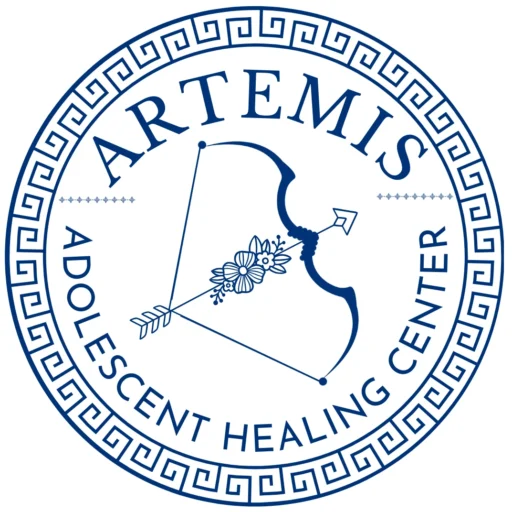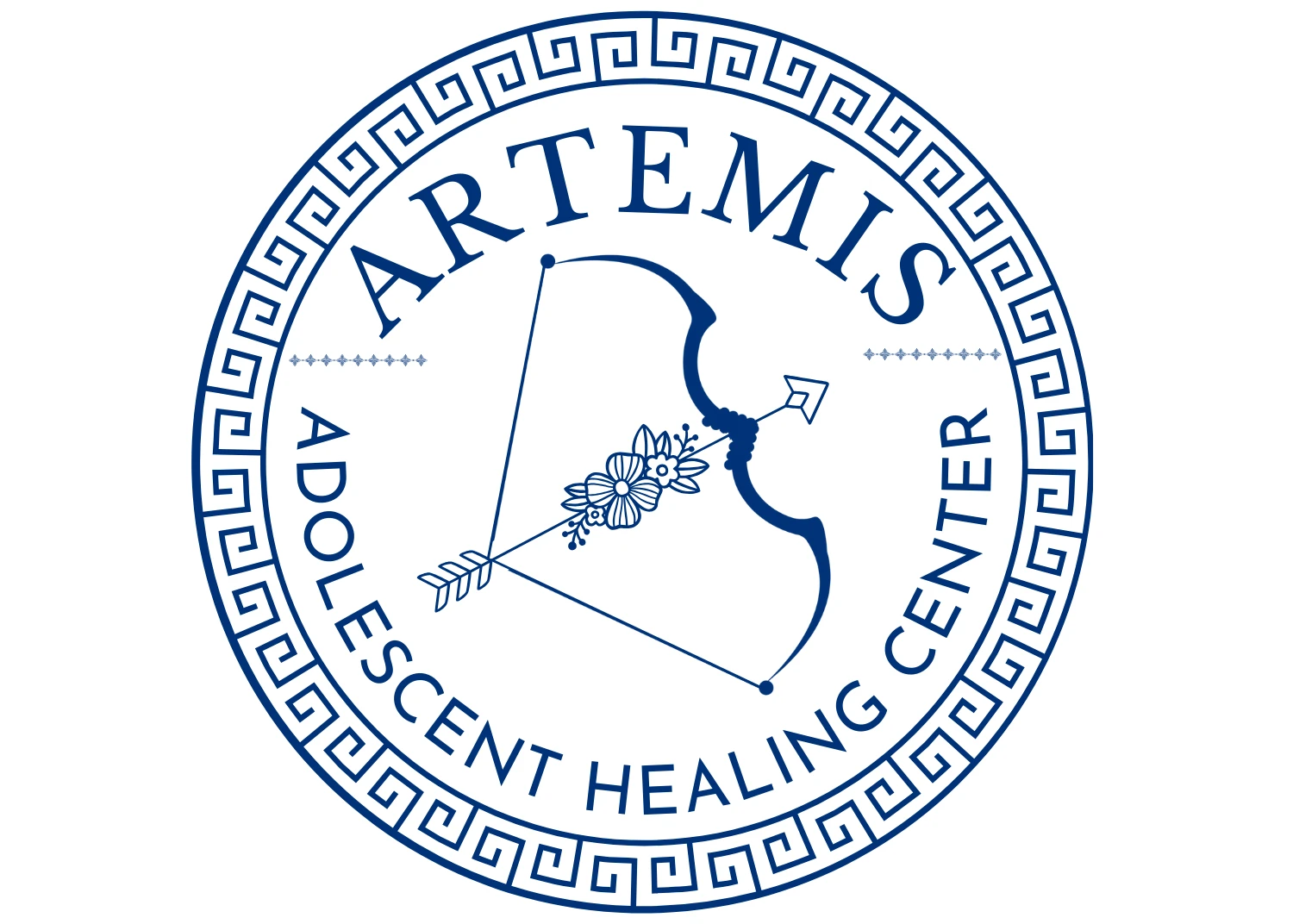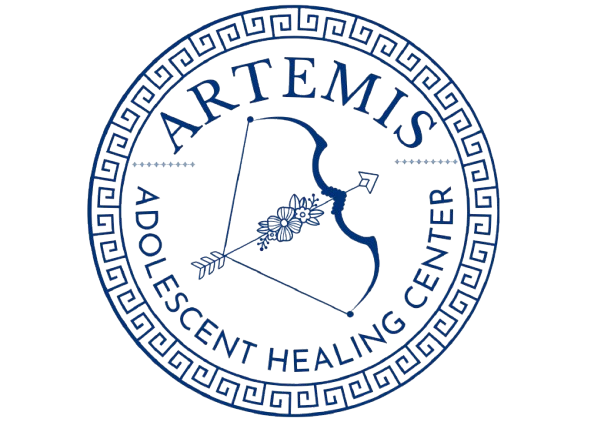How Teenagers Can Benefit From Substance Abuse Treatment
The question at hand here is simple – does rehab work for teens?
Fortunately, the answer is just as simple. Yes, rehab works for teens, and getting assistance with any type of substance abuse problem as soon as possible is critical for reaching a positive outcome.
On this page, we’ll take a closer look at how rehab works for teens and why it’s such an essential step on the road to lasting recovery. To get professional help for your child as soon as possible, call Artemis Adolescent Healing Center today to discuss the situation your family is facing. We would be proud to serve you.
Get Effective Detox and Rehab Options at Artemis
Understanding Teen Substance Abuse
There are many reasons that teen drug abuse may begin. Some are trying to escape social or educational stress. Others are dealing with a past trauma that has not been properly confronted. In some cases, drug abuse in teens is as simple as trying to fit in with friends.
As a parent, it can be scary to see signs that your teen may be using drugs, or may may be getting high on everyday household items, But what will those signs look like? Drug use or alcohol abuse can manifest in many different ways, but some of the signs you might see include the following –
- Changes in behavior or mood swings
- Decline in academic performance
- Withdrawal from family or friends
- Secretive or suspicious behavior
- Loss of interest in hobbies or sports
This is only a partial list, of course. Any sudden or surprising change in habits or patterns should be cause for closer investigation. That’s not to say that teen drug rehab is the only explanation for behavioral changes, but it’s critical to at least take time to figure out what is going on and if teen treatment is required.
What is Teen Rehab?

Treatment programs that offer teen rehab have been designed intentionally to address the issues that individuals in this age range are facing. There are some similarities with treatment programs for adults, but adolescent treatment centers provide specialized treatment to make sure teens get help that relates to their life experience.
Teens have very specific development and emotional needs that aren’t seen as frequently in adults. This is also a very social stage of life and teens with mental health disorders may be having trouble navigating those relationships.
Whether provided as inpatient treatment or outpatient treatment, teen rehab is a tool that has been proven to be effective. It can offer help for substance use disorder as well as mental health challenges that are being faced.
Will Rehab Work for My Teen?
Every case is different but there is every reason to think that getting professional help for teen addiction will be a successful process. In addition to the expertise of the treatment providers, having strong support from family members makes it much more likely that this process will be productive.
You should be focused on the big picture when considering getting help for your teen’s substance use disorder. The first step is to break the addiction that is in place, but that’s really just a starting point. But the bigger goal is to arrive at a place of lasting recovery where the teen’s mental health is stable and they are able to focus on other things in life.
The Differences Between Adult Rehab and Teen Drug Rehab

You should only consider treatment centers that offer adolescent-specific programs because there are important differences between treatment for adults and teenagers. Let’s look quickly at four important ways that teen drug rehab and mental health treatment differs from the programs that are used for adults.
Developmental Focus
Teenagers are not fully developed humans. They are still forming their view of the world and trying to find their place in it. Teens are even more prone to alcohol abuse than adults. Worse, drug use may hinder the development of a teenager’s brain. Teen rehab needs to focus on skills like emotional regulation and impulse control if it is going to be effective.
Family Involvement
Adults typically don’t have other family members closely involved in their addiction treatment programs. They may have some family therapy sessions – with a spouse, or even children – but that often comes later after some meaningful progress has been made.
For teens, family involvement and parental support are essential. Many teens feel that they have let their parents down, or there may be unresolved issues between the parents and child that need to be resolved. Therapy in this area can dramatically increase the chances that the teen will be able to maintain successful recovery.
Educational Support
Teen drug rehab often treats young people who are still in school. And, in most cases, teens spend less time and effort on school work while they are in the middle of an addiction battle.
As such, treatment centers need to offer help in the area of education to restore grades and get the teen back on track for graduation and whatever may come next. Family participation is helpful here, as well. With everyone on board to improve academic performance and create opportunities for the future, optimism can return where it has been missing recently.
Peer Group Therapy
In this case, there is some overlap with adult and teen rehab. In adult addiction treatment, group therapy sessions are often used to build a community around recovery and support. This works much the same way in teen treatment.
Spending time with people of a similar age who have been through similar struggles can be a powerful experience. It helps the teen feel less isolated and heard, perhaps for the first time in years. Building trust in other people and having positive social connections that aren’t based on addiction is another important recovery building block.
Get Accredited Treatment Programs at Artemis
Various Levels of Care Available
If you are picturing rehab for teens as featuring inpatient treatment, that is certainly an option – but it’s not the only possibility. The type of care provided to your teen will be customized to their needs and the situation they are facing.
Inpatient treatment is best for teens struggling with a powerful addiction and potentially a co-occuring mental health disorder. In this case, teen addiction is tackled head-on with treatment that is provided around the clock. Residential treatment is an intense experience but it might be what is needed to turn over a new leaf in this young life.
Teens with somewhat less severe problems to overcome may be recommended for an intensive outpatient program or a partial hospitalization program. With an outpatient program, the teen will still receive outstanding treatment many days of the week, but they will continue to live at home and keep up with some of their other responsibilities in life. For instance, treatment sessions may be scheduled for after school hours.
Partial hospitalization programs land somewhere between inpatient and outpatient treatment. The teen receives treatment throughout the day and goes to treatment every day of the week. However, they do return to the home environment at night. This is a good option for teens who aren’t getting enough structure from outpatient treatment but don’t quite need a residential program.
Teen Rehab Features Many Different Treatments

At Artemis, we don’t use a one-size-fits-all approach to teen rehab. Life just isn’t that simple. Your child is unique and deserves a customized treatment plan to make sure they have the best possible chance at lasting recovery.
Individual Therapy
We will certainly include one-on-one therapy sessions within your child’s treatment plan. These sessions get to the heart of what is going on with the substance abuse problem and will develop coping strategies to deal with life’s challenges without returning to drugs or alcohol.
Group Therapy
Most teens can benefit greatly from group therapy. These sessions expose them to other young people who are in a similar situation in life. Realizing that others are in the same position can help to boost self esteem and make it possible to create relationships that aren’t built around substance abuse.
Family Therapy
Including the family of your teen in therapy sessions is another common tactic that will help young people get back on track. Damaged relationships tend to come along with substance use disorder struggles. With family therapy sessions, parents and siblings can reconnect with the teen and build bonds that will hopefully help to support recovery for the years ahead.
Academic Support
A return to strong academic performance can play a surprisingly big role in recovery. For one thing, getting higher grades will open up new possibilities that might have seemed out of reach. With better grades and by graduating from high school, pursuing higher education will be possible, which sets up many other potential accomplishments and opportunities later on.
There is also the positive reinforcement aspect of good grades that can be helpful here. Often, teens struggling with substance use don’t feel good about themselves. They don’t like what they see in the mirror and have rather low self esteem. By boosting academic performance, that can change and they can start to see the potential they truly hold.
This is why treatment centers will work with the teen’s school to find a way to improve grades and overall performance in the classroom. It really can have a meaningful impact.
Up To 100% of Rehab Costs Covered By Insurance
Call Today to Start a New Chapter for Your Teen
You’ve probably been thinking about it for a while, but today is the day that things start to change. Choose Artemis as the treatment facility in Tucson that is going to care for your teenager and break the pattern of drug or alcohol use right away.
We are always accepting calls to don’t hesitate so get in touch at any time of the day or night. We’ll chat with you about the substance use disorder that your teen may be facing and will go over some of the many available treatment programs. Our team hopes to hear from you soon.






